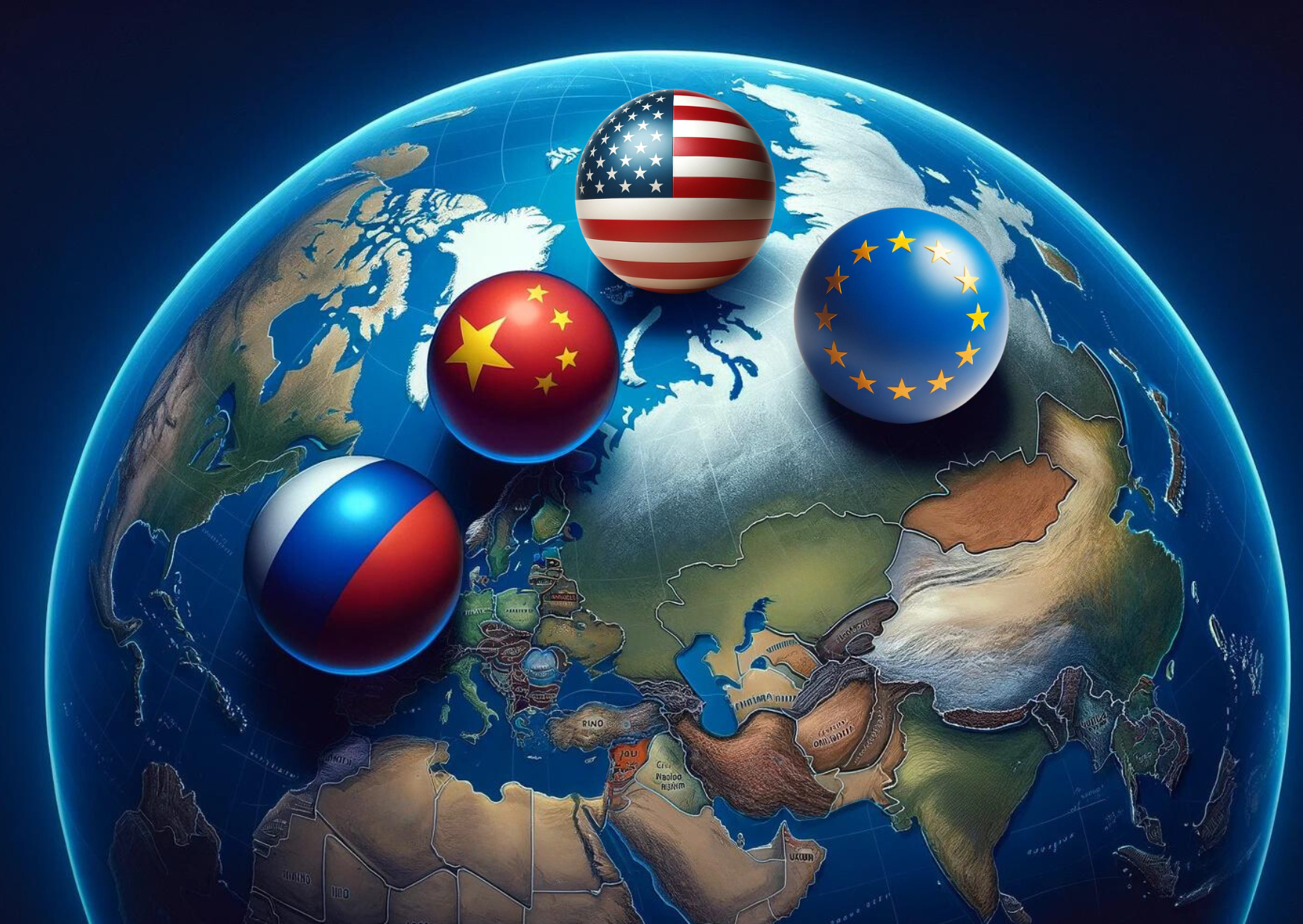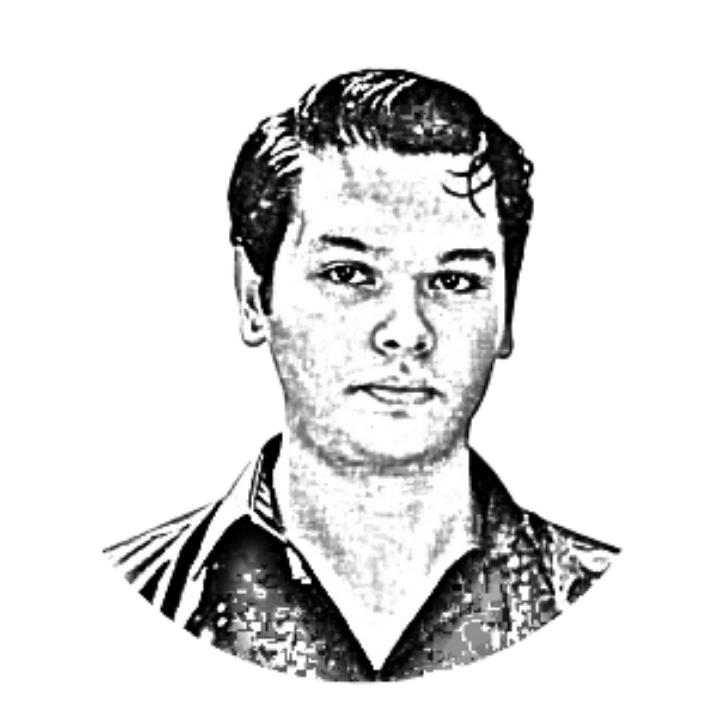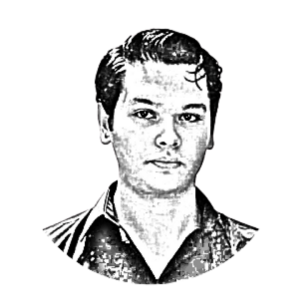
Tracing the paths of Xi Jinping, Vladimir Putin, Viktor Orban, and Nicolas Maduro, their strategic rise to one-man rule highlights a concerning trend towards global democratic erosion and the reshaping of international relations.


Today, at the foot of the increasing international conflict order , some countries that have grown up with attemting to protect and implement democratic procedures and some countries being confronted by the leaders of countries that do not fully accept the democratic norms of the West, based on an illiberal democratic, one-man, or strong one-leader system. In particular, Putin’s Russia running in the Old Soviet Dream, Xi Jinping’s one-party China with the Peaceful Rise Theory, Orban’s Populist and Charismatic Hungary, which is a Eurosceptics in Europe, and Maduro’s Venezuela, the new one-man man of his post-Chavez country, are among the countries that attract attention in research subjects.
According to the studies of the Democracy Institutes and the analyses of institutes such as V-Dem, the number of autocratic, illiberal democratic countries in today’s world is increasing due to the problems in the international system and the insensitivity to the demands for reform. The societies of some autocratic states are deceived by the rhetoric of populist leaders and see them as a powerful figure. This segment of society, which is ready to delegate all kinds of power to its leaders, provides its trust in its leaders by the charisma, experience, and power of the leader, thinking that only these leaders can solve the plight of their countries. Leaders who take this power behind them, create a political agenda in response to the needs of the people, and make all kinds of political efforts to gain power, after gaining power from the society, now begin to change the levels of the state in order to protect their own interests and maintain their leadership. An electoral solution is inadequate for the voters who are dissatisfied with this process.
In fact, the leaders of autocratic and non-democratic countries consolidate their power in almost similar ways and processes, and even enter into bilateral cooperation processes by creating one-man dialogue with statesmen who are similar to them in foreign policy. Until they gain power, they make point-to-point speeches for the needs of the people, and when they win elections, they censor the media, suppress the opposition, regulate the military, change the electoral laws, and moreover, consolidate their power with a series of reforms and constitutional amendments. In this article, I will take a look at the world’s most powerful one mens, such as Xi Jinping, Vladimir Putin, Viktor Orban, Nicolas Maduro, and what they did to get this title.
With the collapse of the Soviet Union after the Cold War, the United States began to see itself as a hegemon in the international system. However, after a certain period, a series of norms emerged that would prevent the USA from becoming the sole hegemon in today’s changing international system. Foremost among these are theories such as multilateralism and globalization. Taking advantage of these norms, China stepped into the world stage as a powerful state by increasing bilateral cooperation in the international arena, especially focusing on the countries of the global south. With the Peaceful Rise theory it provides, it is not possible to mention the same success discourses of China, which maintains economic cooperation and adds strength to its power by relying on the dialogue provided by international organizations, where there are no wars. China, which is governed by a one-party management style controlled by the Chinese Communist Party, has undergone many changes with Xi Jinping.
Xi Jinping was elected party general secretary in November 2012 and automatically assumed the post of leader of the People’s Republic of China. Managing 1.4 billion people is up to one man’s mindset and actions. Xi Jinping, who openly declared his future plans with his speech in 2012, argued that the collapse of the Soviet Union, the weakness of the leadership and therefore the governance characteristics could not be achieved, and advised China to learn from this historical event. Therefore, since the time he came to power, he has made attempts to change all the mechanisms of the People’s Republic of China in his favour. The first of these was to replace the Chinese People’s Liberation Army. He turned the command centre of the Chinese People’s Liberation Army, which was responsible for protecting the People’s Republic of China and the Chinese Communist Party, to his advantage. By creating units such as theatre commands and anti-corruption units, he took control of the party. He appointed the authorities of the Chinese People’s Liberation Army himself, and in case of any counter-attempt, he attracted soldiers whom he trusted. This has actually enabled Xi to strengthen his own institutional power. In this way, Xi has become an important leader for China and the world.
Second, Xi has taken various steps to establish an Intra-Party Power Consolidation. In 2018, he amended the party’s constitution to make Xi the party’s indefinite leader. At the same time, Xi Jinping’s administration has cracked down on human rights activists, pro-democracy, journalists and dissidents, creating a police state and tightening the state’s power over the digital space. By also putting pressure on Civil Society and Religious Freedom, China has rebuilt its internal dynamics. In particular, it has increased the state’s repression of minority groups such as Uyghur Muslims, restricted religious freedoms, and attempted to strengthen China’s internal dynamics with its own ideas. The capacity for economic controls and state pressure on the market has been increased, centralizing the power of the government and its own, and imposing strict controls on companies in the private sector. Xi Jinping has imposed internet censorship in order to prevent the increasing age of technological development from being used against him, and he has also closed down opposition groups and users on social media, leading to investigations. In this way, he strengthened his power.
As can be seen, the steps taken for the establishment of many “one-man states” are no different from the path followed by Xi Jinping. Viktor Orban’s Hungary, for example, is nowadays disciplinarily assumed to be an “illiberal democracy.” Viktor Orban gained power thanks to George Soros, with whom he was together in his youth, and then entered politics. Orban and his party, which first followed a liberal line, suffered a major defeat in 1994. Thereupon, Orban decided to change the party’s ideology and line and follow a policy that is more nationalist, more committed to Hungarian Culture, and focused on the “Hungarian People First” policy. With this decision, he made a good profit, and he was entitled to become the youngest prime minister in Hungarian history. In its early years, it nominated its own country to organizations such as NATO and the European Union. Their candidate status was accepted, and they succeeded in getting their country accepted as a member state of these organizations. But among many other good deeds, he has been criticized for including far-right people in his elections, and he has occasionally lost elections. Today, as a strong leader, he takes a stance that affects the entire politics of Hungary.
In one of his speeches, Orban announced that he was following the paths of countries such as Singapore, China, India, and Russia with his rhetoric against liberal democracies, causing a shocking development for the European Union. Although Orban has been called a populist because of his anti-establishment rhetoric, the Hungarian people still see him as a strong leader. Orban, who wants to consolidate this power and maintain his leadership, has stepped into a series of reform initiatives like Xi Jinping. First of all, apart from the policies of the European Union, it decided to organize its politics and foreign policy according to pragmatic interests, developed its relations with Russia during the Crimean War against other European countries, and signed new economic collaborations with Russia. During his tour in 2018, he first visited countries such as Türkiye, then China, Central Asia, respectively, and tried to improve their level of relations with countries that do not accept or apply the norms of the European Union. Viktor Orban has changed his country’s Electoral Laws in his favour and rearranged the Hungarian map and constituencies to benefit his party. Later, like any autocratic leader, he censored the media and communications. Any news that Orban and his government do not want is not shown on Hungarian television. It has attempted to weaken the independence of the judiciary and changed the systems of judicial power.
Thus, the judiciary has been weakened and the power of administration, that is, the power, has been strengthened. This has undermined confidence in the judiciary in the country. Thanks to the repressive attitude it applied to the opposition leaders, he has eroded the power of the opposition. In addition, he has tried to consolidate his power by constantly making the wishes of the people his political agenda. For example, the Orban administration has gained the trust and support of the people with its nationalism and anti-immigrant policies and has strengthened his power with national identity propaganda under the name of “Hungary’s security” by implementing harsh policies against immigrants. Orban, who wants to rebuild his national identity, first joined Turan, the “Council of Turkic States”, as an observer member according to the “Eastern Opening” policy, and then increased his cooperation, drawing attention to the old Hungarian history and culture, and expressing his Turkic ancestry many times. Of course, within this “Eastern Opening”, another strong one-man with whom Orban has had good relations since ancient times, Russian President Vladimir Putin, is at the forefront.
It should come as no surprise that Vladimir Putin grew up as a nationalist and devoted to his old culture and history, as the leaders of his family worked for Stalin and other powerful leaders even before the collapse of the Soviet Union. Likewise, in the recent past, he was a long-time agent in the KGB, the most important and powerful unit of the Soviet Union, and took many positions in Dresden, which is located on the border with East Germany. Later, with the help of the Oligarchs, Putin took power in the Kremlin and became the prime minister with the approval of the Oligarchs. According to Putin, even if communism has become obsolete, the dream of the Soviet Union is still alive and Russia is still up for the mission. Russians are called a nation that is especially fond of their own history, culture, language. Putin’s ideals and charismatic stance have influenced the Russian people, who have chosen Putin, a former KGB agent who comes from the Soviet tradition, as their leader.
In order to consolidate this charismatic leadership as a one-man, Putin took control of the media within three months of taking office. NTV was the first television channel to be affected, but it was not the last. Neutralizing the Kremlin’s former patron oligarchs, he elected his own group of oligarchs to the Kremlin. Today, Russians, like the Chinese and Hungarian people, follow the news that their leader allows. Russia’s big companies began to come under Putin’s control. It made the state mechanism effective in market control. In the same way, Putin has appointed only the candidates he nominated as governors in the country’s 83 regions, offering a list tradition for the appointment of politicians he trusts. Regional elections for governors were abolished in 2004. Although his opponents see Putin as a threat to democracy, he has filled the pulse of the people with the power vacuum in Ukraine. Putin, who suddenly seized Crimea in 2014, improved his image in the eyes of the people and made a name for himself by winning a sudden victory against the West.
As the world watched, Russia pursued a series of enlargement policies. It renewed its success in the Georgian crisis. Putin has embellished his foreign affairs decision-making center with his own ideas. He has repeatedly used the West’s lack of harmony and unity in his political agenda. In particular, in order to realize Russia’s policy of landing in warm seas and the dream of the former Strong Russian people, he assumed the role of being Assad’s patron and protector in the Syrian civil war. During these victories, in his own domestic politics, he weakened the judiciary, imprisoned opposition leaders, and continued to strengthen his own power with the suspicious deaths of some leaders. With the death in prison of his main rival, Alexei Navalny, who died on February 19, Putin has further strengthened his one-man ideals.
When we look at Latin America, which wants to fight for its life under the guidance of the Americans, we see many despotic and one-man leaders. But there is one leader we want to focus on, Maduro. By using the natural resources of his country, Maduro caused many of his people to migrate to other countries with a series of power struggles, although he should have achieved many successes. After the death of Hugo Chávez in 2013, Maduro succeeded him. In the presidential election, he achieved great success with his party, the United Socialist Party of Venezuela. With the country with the highest inflation in the world in 2020, Venezuela has experienced an economic collapse in its history, but it has also strengthened its own power. Opposition leaders, who want to limit Maduro’s power, wanted to take a series of measures against Maduro in the National Assembly. But Maduro tied the National Assembly in his favour and, although he narrowly won the elections, managed to win approval from the National Assembly for his own executive power.
In 2016, growing dissatisfaction with the Maduro regime led to a demand for a referendum. However, although the proposal gained support, the National Electoral Council ruled in favour of Maduro and cancelled the proposal on the grounds of “voter fraud”. Not long after, Venezuela’s judicial body, the Supreme Court of Justice, issued an order against Maduro, but reversed it in his favour due to public outcry. In 2018, the National Assembly declared the election results invalid, and declared the President of the National Assembly, Juan Guadió, as interim president. Not long after, Guadó announced that he was not leaving the Maduro government, although it was officially recognized by many foreign countries. Maduro has been recognized by different countries over time. At times, Maduro has refused to relinquish power, although he has sought to encourage dialogue between the two. By 2020, no change was seen due to the three anti-coup techniques used by Maduro. So how did Maduro maintain his one-man rule?
Maduro has pacified the military with financial budgets, delegated appointments to his own authority and appointed his own men to senior positions. Maduro also authorized the military to engage in illegal activities, freeing shell companies and troops acting with cartels in drug trafficking. Second, Maduro has followed in Chavez’s footsteps by gradually dismantling the military. Finally, he promoted his loyalists to positions of power, to the bureaucracy of the state, to the judiciary, to the executive power, to the legislative power. He set up surveillance systems with the armed forces to find potential asylum seekers. In doing so, Maduro has taken under his control the forces that want to rebel against him, which will most likely create a revolution, even though it seems that he has taken precautions against refugees. In order to escape the hegemony of the United States, it increased its cooperation with countries with illiberal democracies like its own. It continues to remain at the head of Venezuela, preserving its one-man regime, just like China, Russia, and Hungary.
As can be seen, the era of strong single men has changed the state mechanisms in their own way, taken power in their hands and made a name for themselves. When we look at it, even if the mechanisms and cultures of their own countries are different, the steps they take while reaching the one-man processes are always the same. For this reason, in order to protect against a despotic pseudo-democratic state such as one-man, lessons should be learned from all the methods of censorship by the one-men we have mentioned. In order to keep transparent, sustainable, and accountable democracies alive, all the steps of one man must be followed. No matter how much they have become a threat to democracies, leaders such as Putin, Xi Jinping, Victor Orban, Nicolas Maduro have created a new formation on the world stage, which inevitably affects the entire discipline and reveals powerful figures.

Berk Tuttup is currently studying International Relations at Altınbaş University. With his education in international area and experiences gained as a guest at in Germany, he focuses on International Relations, European Studies, Global Conflict, Security and Strategy Studies, Global Diplomacy, and Middle East and Balkan Studies.
